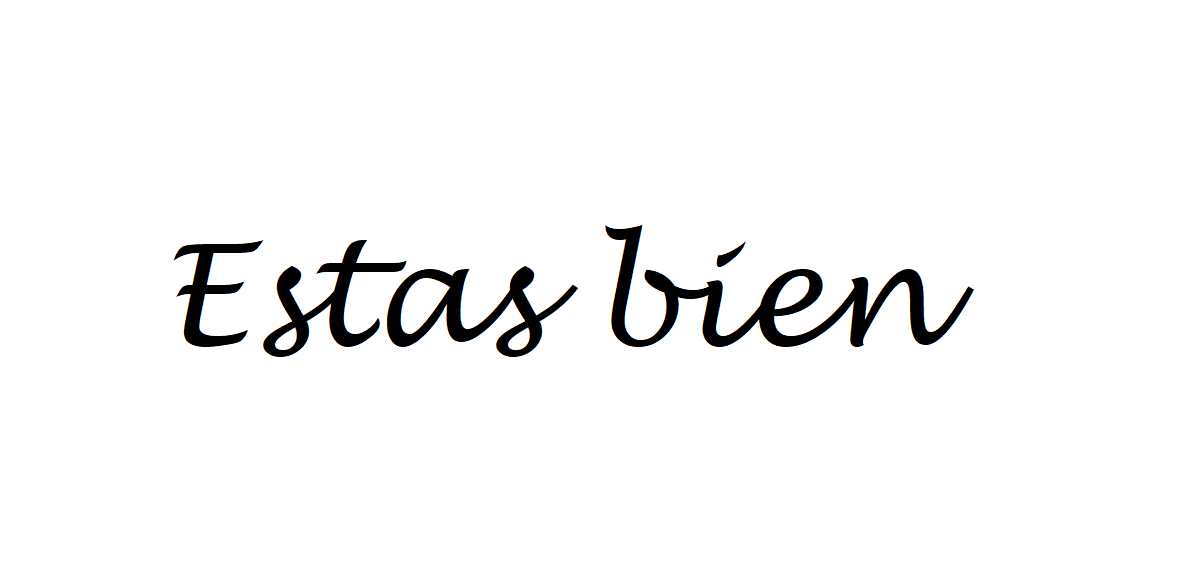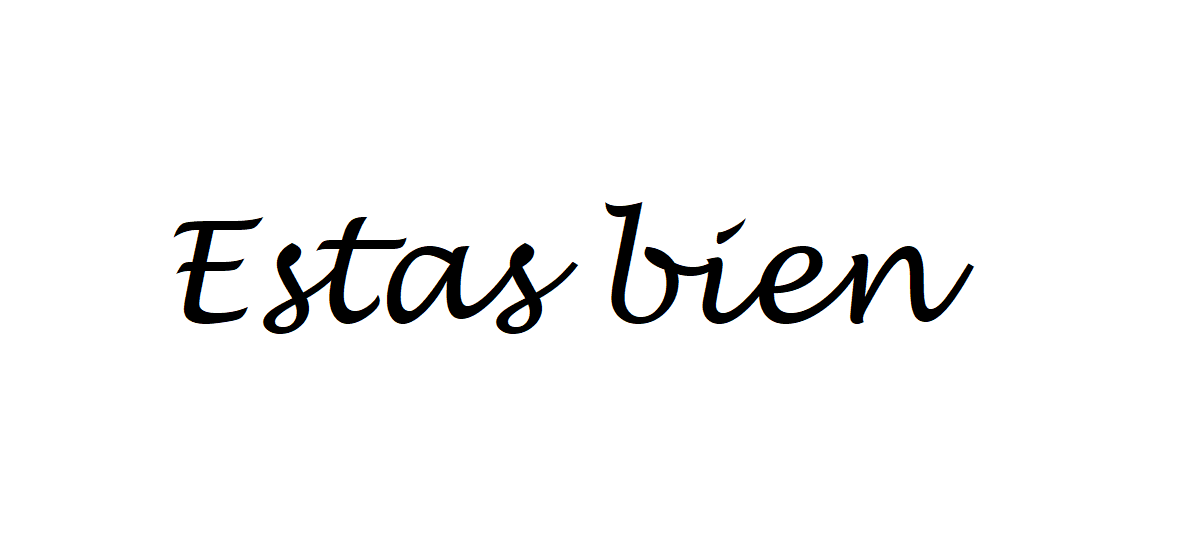Just like in all countries around the world, saying ok / okay comes up in every conversation. This may be one of the more important sayings to learn if you plan on traveling abroad. Not only will it help acknowledge what someone is saying to you, but also aid when you need to ask a favor. Learning ok in any language can come in handy so other then knowing hello, goodbye, or even very good, having ok in your back pocket is a great way to end a conversation. Below are some of the more popular sayings you will hear.

Common ways to say Okay
está bien – This is the most common way to ok and translates to “it’s okay”.
okey – In Latin American countries they tend to say okey or it’s nothing.
vale – Parts of Spain will use vale when saying ok to someone
órale – In Mexico, it’s common to hear órale meaning okay.
beuno – Although this means good, many Spanish speaking countries will use this as a term for also saying okay.
Examples of using the the word ok in Spanish
1. Are you ok? – ¿Estas bien?
2. Okay, thanks for the help – De acuerdo, gracias por la ayuda
3. I’m Ok, thanks for asking – Estoy bien, gracias por preguntar
4. Are you ok to drive? – ¿Estás bien para conducir?
5. Where in Spain is it okay to swim? – ¿Dónde en España está bien nadar?
6. It’s okay if you don’t want to go out tonight – Está bien si no quieres salir esta noche
7. Are you sure it’s alright? – Estás seguro de que está bien?
8. Everything will be okay in the end – Todo saldrá bien al final
9. Is it all right if I borrow your pen? – Está bien si te pido prestado tu pluma?
10. That’ll be fine with me – Eso estaría bien para mí
11. You can do whatever you think is best, it’s okay with me – Puedes hacer lo que creas mejor, ¡está bien conmigo
12. It’s ok to make mistakes sometimes – Está bien cometer errores a veces
Situations on when to use the correct form of OK
There are quite a lot of ways to say “OK” in Spanish. Here are some of the most common translations:
1. Está bien – This is a literal translation of OK that means “it’s good”. It’s an informal way to agree with someone or acknowledge something.
2. Vale – This phrase translates in English as meaning “all right” and is commonly used between friends or family members when they want to express agreement.
3. De acuerdo – This phrase basically mean “in agreement”, so it usually implies that both parties have agreed on something or are in agreement about an idea.
4. Sí/ Si señor/ Si señora – All three phrases mean “yes” sir or mam, but can also be used informally as a way to say OK or affirm something without sounding too formal.
5. Claro que sí – This phrase means “of course yes” and is often used when you feel like emphasizing your agreement with someone else’s statement by adding extra emphasis on the word “yes.”
6. Bueno – This one-word response carries multiple meanings depending on how you use it. However, it can generally be interpreted as being affirmative or agreeing with what was just said before you uttered this word.
7. Correcto – Translating from English, this word essentially means correct and typically indicates that you understand what has been said before and find no fault in its accuracy!
8. Aceptado – Another direct translation from English, this word communicates acceptance of whatever has been proposed previously by another person.
9. Si quieres– Meaning ‘if you want’, this term implies consent but leaves room for negotiation if necessary.
Learn more phrases and Spanish sayings such as what are you doing in Spanish.


 What Are You Doing in Spanish
What Are You Doing in Spanish